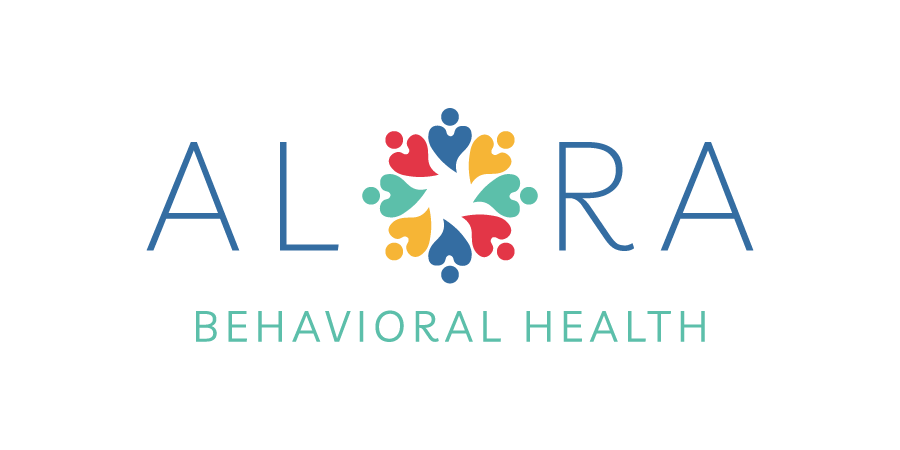How to Support Transitions During Drop-Off and Pick-Up

For many families, drop-off and pick-up times can feel like emotional rollercoasters. One moment your child is clinging to you, unsure about what’s next. The next, they’re overwhelmed by the change in routine or the noise of the environment. These transitions—especially in ABA therapy or school settings—are important moments that can set the tone for […]
How One Small Change Can Ease the Whole Day

When you’re supporting a child with unique needs, even the most well-planned day can feel unpredictable. But what if one small, thoughtful change could shift the tone of the entire day—for your child and for you? In ABA therapy, small, meaningful adjustments are often the key to creating smoother routines, more connection, and less stress. […]
ABA Terms You Might Hear (And What They Really Mean)

If your child is starting ABA therapy, you’ve probably heard some new words and acronyms thrown around. Maybe your child’s BCBA mentioned “reinforcement” or “prompt fading,” or you’ve seen phrases like “function of behavior” in reports or session notes. It’s normal to feel overwhelmed by the terminology, especially early on. In this blog, we’ll break […]
ABA at Home: Real-Life Examples That Make a Difference

Applied Behavior Analysis (ABA) therapy doesn’t stop when a session ends. For many families, the most impactful progress often happens during everyday routines at home. Whether it’s getting dressed in the morning, sharing a snack with a sibling, or winding down before bed, home is full of natural learning moments. The key is knowing how […]
End-of-Year Reflections: Celebrate the Small Wins

As the year draws to a close, it’s natural for families to look back at where they started and how far they’ve come. For families involved in ABA therapy, that reflection can bring a mix of emotions—pride, gratitude, even exhaustion. But in the middle of it all, one truth stands out: progress is worth celebrating, […]
How to Keep Skills Fresh Over Break (Without Feeling Like Homework)

ABA-Friendly Ways to Keep Learning Light and Playful During Winter Break Winter break is a welcome pause from the daily school and therapy routine—but it can also disrupt the progress your child has worked so hard to build. The good news? Supporting your child’s growth over break doesn’t have to mean worksheets or rigid schedules. […]
Our Favorite Sensory Swaps for Holiday Triggers

Simple Strategies to Help Your Child Thrive During Holiday Events The holiday season can be full of excitement—twinkling lights, festive gatherings, and beloved traditions. But for children with autism or other sensory processing challenges, these changes in routine and stimulation can be overwhelming. The good news? Small swaps can make a big difference. Below, we’re […]
Learning Looks Different in Every Home

Supporting Growth Through Everyday Moments—Even During Breaks At Alora, we believe that meaningful learning doesn’t just happen in classrooms or clinics—it happens in kitchens, backyards, grocery aisles, and quiet corners of your home. And during holidays or school breaks, when routines shift and schedules relax, those everyday environments become even more powerful. Here’s how you […]
Making Space for Your Child’s Needs During the Holidays

The holidays are full of joy—but for many families, they can also bring stress, overstimulation, and unpredictable changes in routine. For children receiving ABA therapy, these shifts can feel overwhelming without the right support. At Alora, we believe in creating environments that honor every child’s needs. Here’s how you can make space—physically and emotionally—for your […]
You’re Not Alone: Finding Community in the World of ABA

When your child begins ABA therapy, the focus is often on progress, routines, and goals. But one of the most powerful outcomes of this journey is something you might not expect: community. For many families navigating autism and related diagnoses, finding connection—with other parents, with providers, and with peers—can be just as life-changing as the […]
